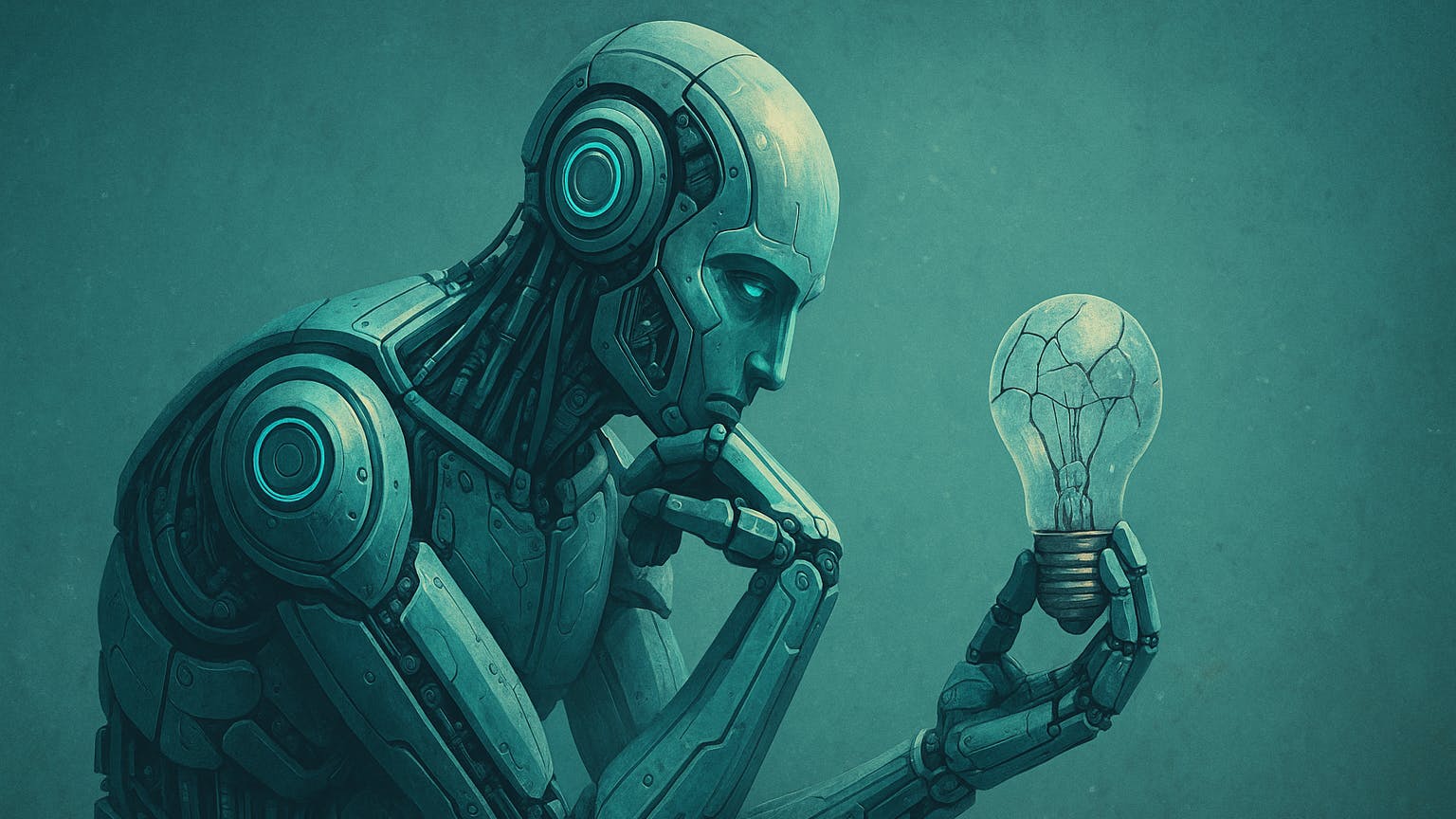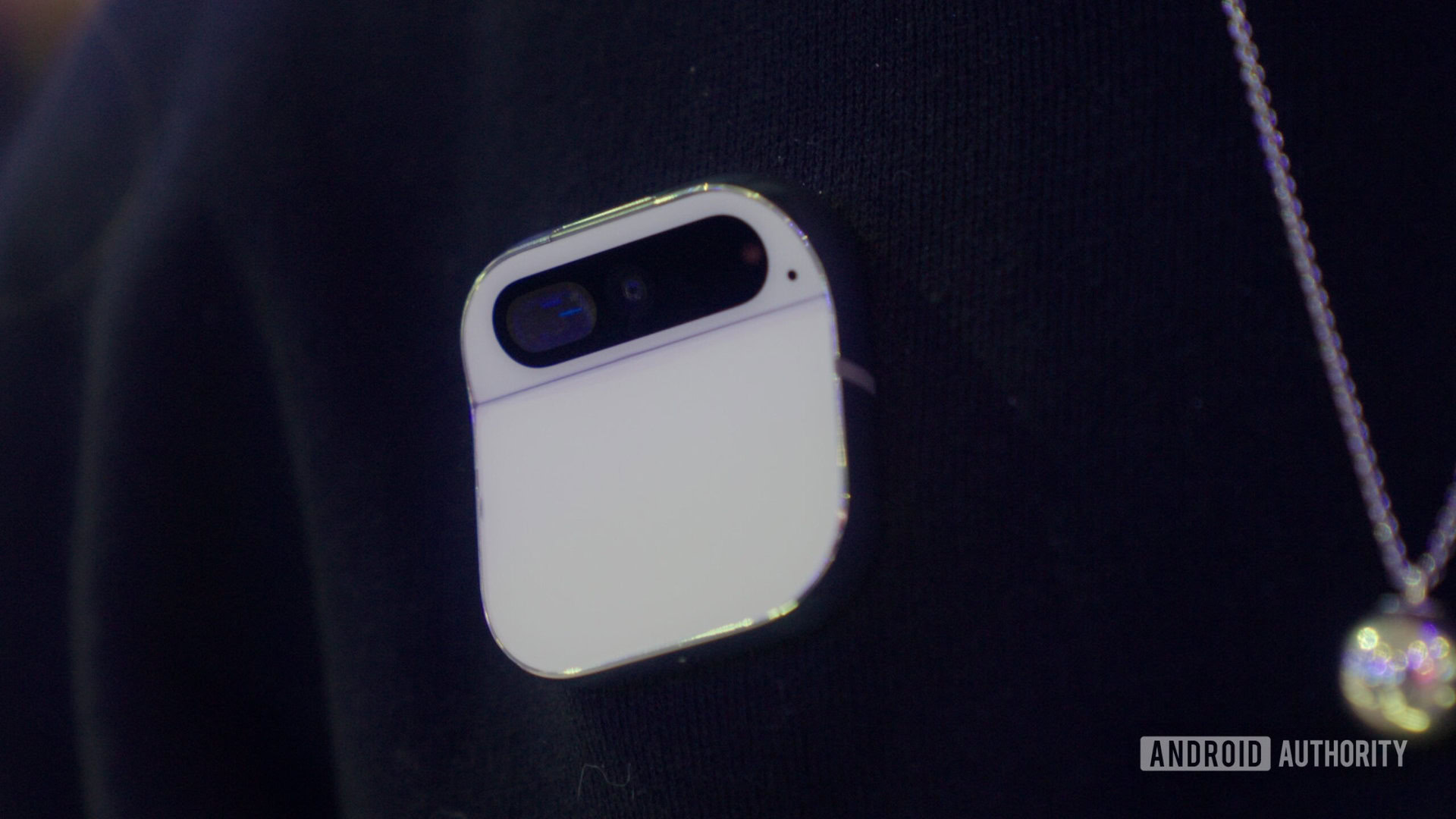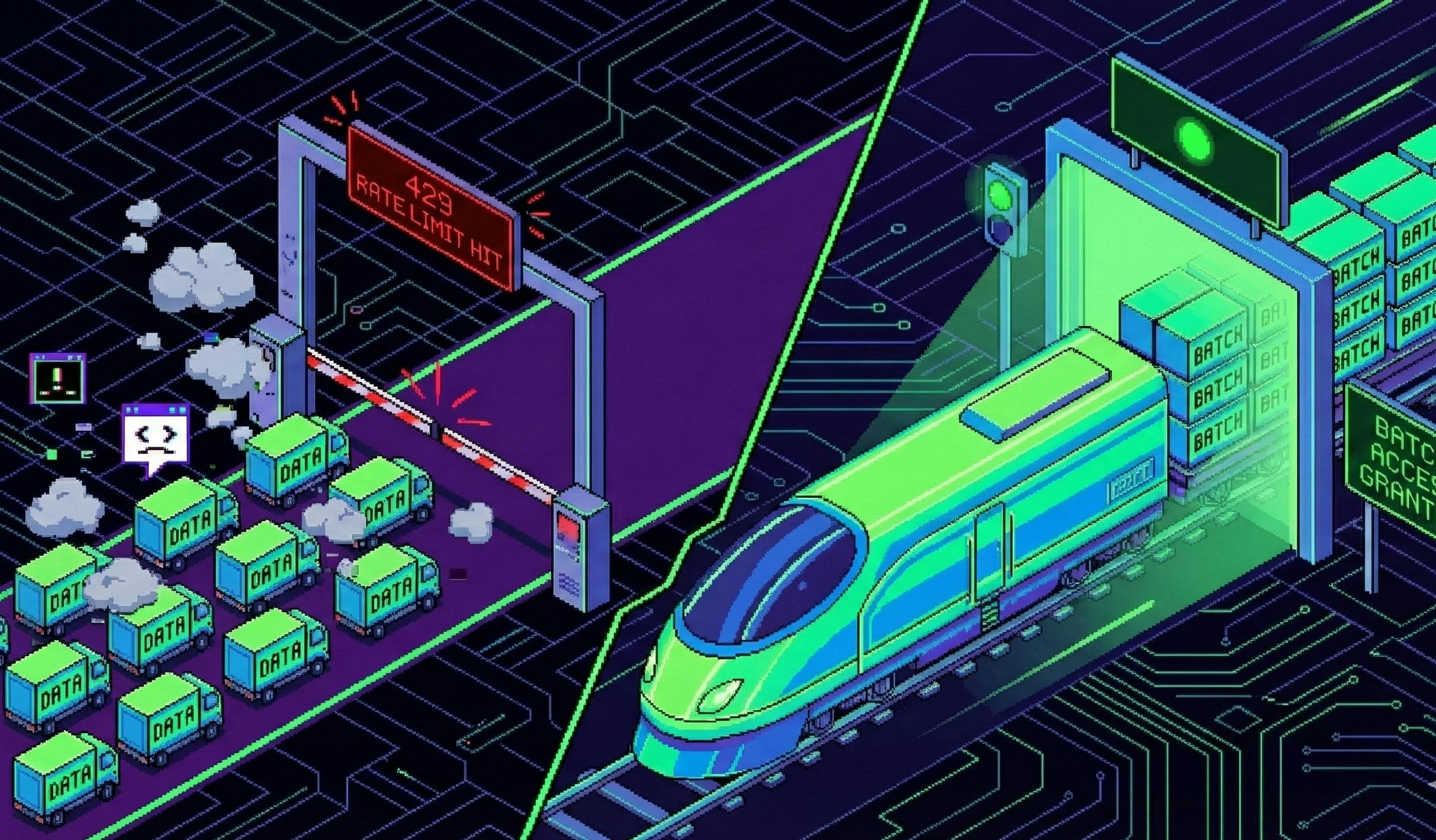Once upon a time, “smart” meant capable.
Now it just means internet-connected with bad design decisions baked in, and a whole lot of hype to hook in investment from people with more money than brain cells. Somewhere between the plant pot that emails you when it wants water, and the toothbrush that judges your technique, we lost the ability to design for competence.
We outsourced common sense to the cloud, stuck innovation on a pedestal over consideration, and handed out millions to anyone who can cram “AI” into a pitch deck.
We built the internet of things, then we started letting the things build back. The results are…predictable.
Here are 7, uh, innovations which prove we don’t need to worry about the singularity any time soon.
The Innovations
Can’t sleep because you’re too hot? Too cold? Too upright? Too flat? Need to know just how badly you’re sleeping due to anxiety over too many life metrics? The solution is here!
7. The Eight Sleep Pod Bed
You’ve heard the phrase “was like sleeping on a cloud?”
Well, the Eight Sleep Pod Bed is about as close as you’ll get – it’s sleeping connected to the cloud. I’ll be fair, while the full package of extras is over £7000 at the time of writing (plus £400/year subscription) I might actually be tempted by one feature.
The bed gained fame after an AWS outage interrupted sleep. Not because on-call phones around the world were going off as companies fell off the internet, but because suddenly the beds stopped catering to their users’ every need and switched to default settings.
The beds provide heating, cooling, sleeping posture adjustment, snoring detection (and mitigation), silent alarms (both vibration and temperature), surround sound, and enough health tracking to justify the most paranoid dystopian fantasist.
Eight Sleep have apparently added an offline mode to the beds to prevent the issue happening again, which frankly is not a sentence anyone should have had to write and is making me doubt my sanity.
Just about the only thing that saves this bed from first place in the smart tech stupidity league tables is the pillowcases. They keep your pillow cool. Not sure it justifies the overall existence though.
You’d think it couldn’t get worse. Your bed is now a subscription-based data pipeline shuffling your sleeping habits to the cloud and “managing” every aspect of your doze.
At least if you get them for your kids you can rely on that ever-important human ritual, a foundation of human civilization since we first learned to grunt at each other around fires – the bedtime story.
Oh. There’s an app for that too.
6. F==AI==ry Tales
There are dozens of bedtime story generators promising to replace tired parents with LLMs which can spin up a custom fairy tale. Personalised. Built to spec. Completely bespoke and polished. Even illustrated. It will even read it for you with a generated voice.
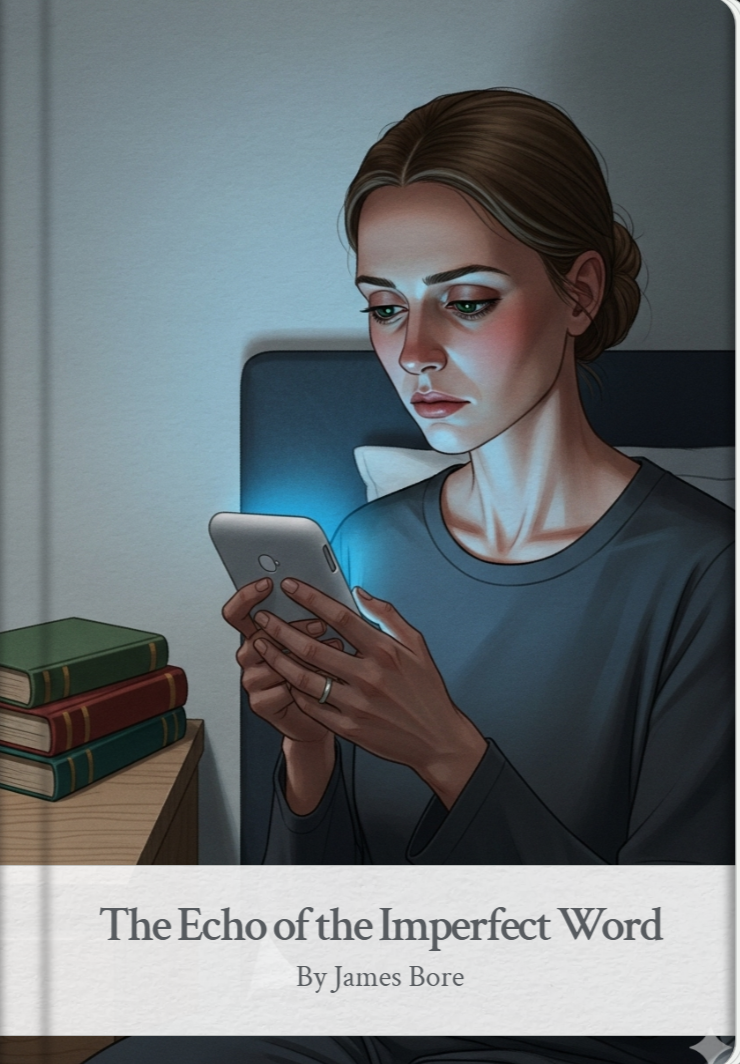
Obviously I had to test it. I chose Gemini Storybook. In a single prompt, I think it created one of the most bleak, horrifying things I have ever seen.
It’s meant for children. It feels more like something an eldritch horror would whisper between sleep cycles. I might need a pod bed to ever sleep again. It’s bedtime stories by way of the cosmic abyss.
I’d rather not dwell on this one. So, now that AI has scared the crap out of me, what better product for entry #5 than one which can analyse it in detail?
5. Dekoda
Normally sticking a camera in your toilet would be something reserved for Only Fans, but Kohler’s Dekoda is a way to spend rather than make money sitting on the loo.
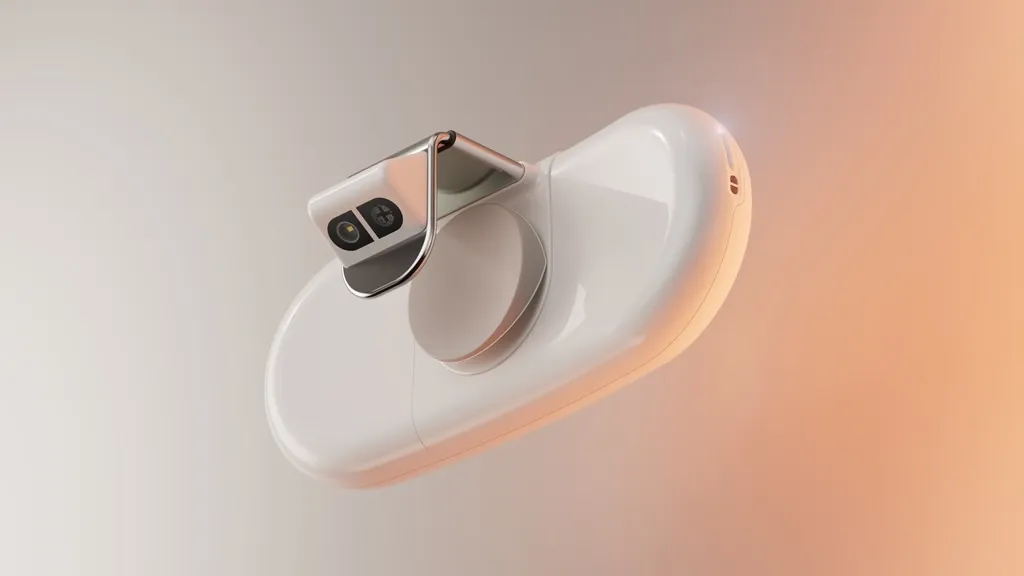
To start with the positive, the camera is aimed downwards into your toilet bowl rather than upwards, so this article is still SFW. It has a rechargeable battery, USB connection, and – my personal favourite for just that extra dash of privacy invasion – a fingerprint sensor to identify who is using the toilet.
It’s designed to detect early signs of illness through “AI-powered stool analysis.” Tracks hydration, fibre intake, colour variance, blood, and consistency. No idea about sweetcorn content.
Its arguably a noble cause, if you can ignore the part where your most private biological data output (get it?) is being captured, processed, and sent…somewhere.
There’s even talk about linking results for health insights. Nothing says peace of mind like push notifications about your bowel movements while you’re in a meeting.
This is where we are now. Toilets with fingerprint sensors, analytics dashboards, and firmware updates. Congratulations, your digestive system now has a privacy policy.
Lets go for something light-hearted for our next entry, bring the mood up a bit.
4. B==AI==bies
Well I tried.
I hesitated to include this one. There’s evidence lifelike dolls can be genuinely therapeutic, especially in dementia care.
But ultimately, they fit too well, and they’re too productised to overlook. These aren’t marketed for therapy. They’re marketed for bonding.
You can now read an AI-generated bedtime story to your AI-powered realistic doll while lying in your AI-regulated bed. Until you’re disturbed by being told your stool sample is too loose.

Meet Babyclon AI 2.0. A series of hyper-realistc dolls using sensors and machine learning to simulate hunger, crying, sleep, and interactions such as soiling itself and breastfeeding. It can recognise its “caregiver”, and enable breastfeeding, through a necklace used to identify when you are nearby.
There are plenty of others in this ecosystem. So far, none have really cracked anything more than micro-movements, but once they’ve got a full range of autonomous movement I’d start worrying about them being able to locate their caregivers. There’s enough horror films about the subject to fill in the gaps.
Okay, enough dread and upset. Lets go for something safe. I found a friendly robot cleaner powered by AI which will be fine.
3. Helpful Home Robots
The 1X Home Robot, despite some unfortunate Doctor Who-villain looks, promises to return us to the days when you could be wealthy enough to have obedient domestic servants dealing with every chore without caring about their well-being or welfare. With fully articulated hands and bipedal movement, these safe devices can plod around your home, vacuum your floors, bring you a coffee, or any other menial task that you’re too important to take care of yourself.
And the great thing is that all those difficult ethical questions about inequality and exploitation go away when you are using robots instead of humans. Even better, you don’t need to worry about trusting humans with access to your private life and home environment where you might be vulnerable.
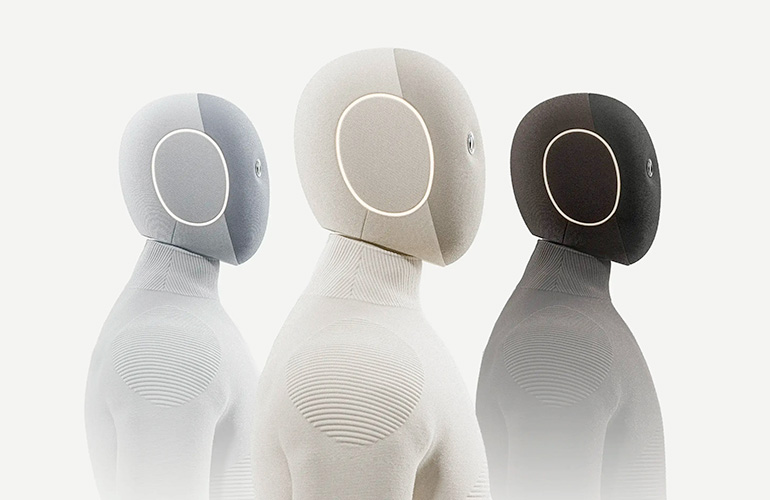
All you need to do is buy one, and it’s guaranteed to have safeguards preventing it from going full Terminator. No issues.
Just sign a little waiver – the one letting strangers take over your robobutler with a VR headset to “assist with remote operations.” Definitely no risks.
Or you could do your own vacuuming. And if all that walking pushing a vacuum cleaner is too much effort, never fear – AI to the rescue!
2. This One’s a Shoe-In
Enter the Moonwalker – at $1399 not even close to the most expensive shoes out there. They’re roller skates. With motors. And AI. For when walking is too hard. Supposedly they can increase your average walking speed by 250%.
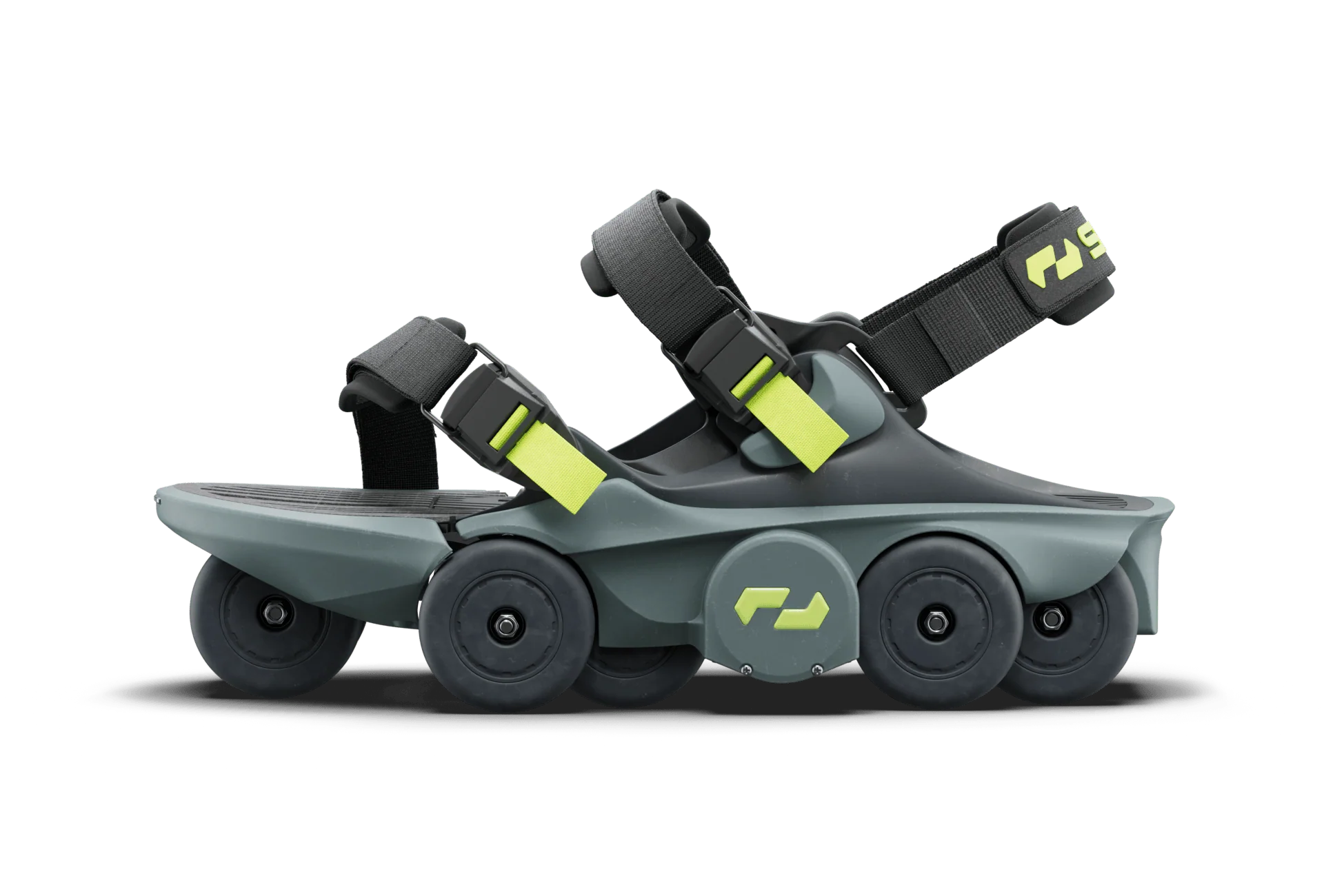
Now I like walking. Nice and slow. It’s one of the few free, low-maintenance activities left that doesn’t need a subscription. If I want to go faster we’ve invented things for that – bicycles, buses, trains, even cars. None of them involve strapping autonomous motorised devices to my feet that think they have a better idea of where I want to go than I do – and might suddenly decide that I really want to shoot forwards under the bus I’m waiting for.
That’s progress today. We took one of humanity’s oldest, most reliable forms of movement and made it dependent on battery life, Bluetooth, and the optimistic hope that your firmware can detect a kerb.
I might be dating myself here, but I feel Blade Squad anticipated these.
1. Love.exe
Speaking of dating yourself, meet the logical endpoint of artificial intelligence for human convenience. The AI boyfriend or girlfriend.
For the incredibly low price of your emotional data, a monthly subscription, and extra charges for the occasional photo or video, you can have your “ideal” partner. Whether you want a subservient partner who always listens, never argues, and obeys in all things or something else you can upgrade and tailor its personality to suit your preferences.
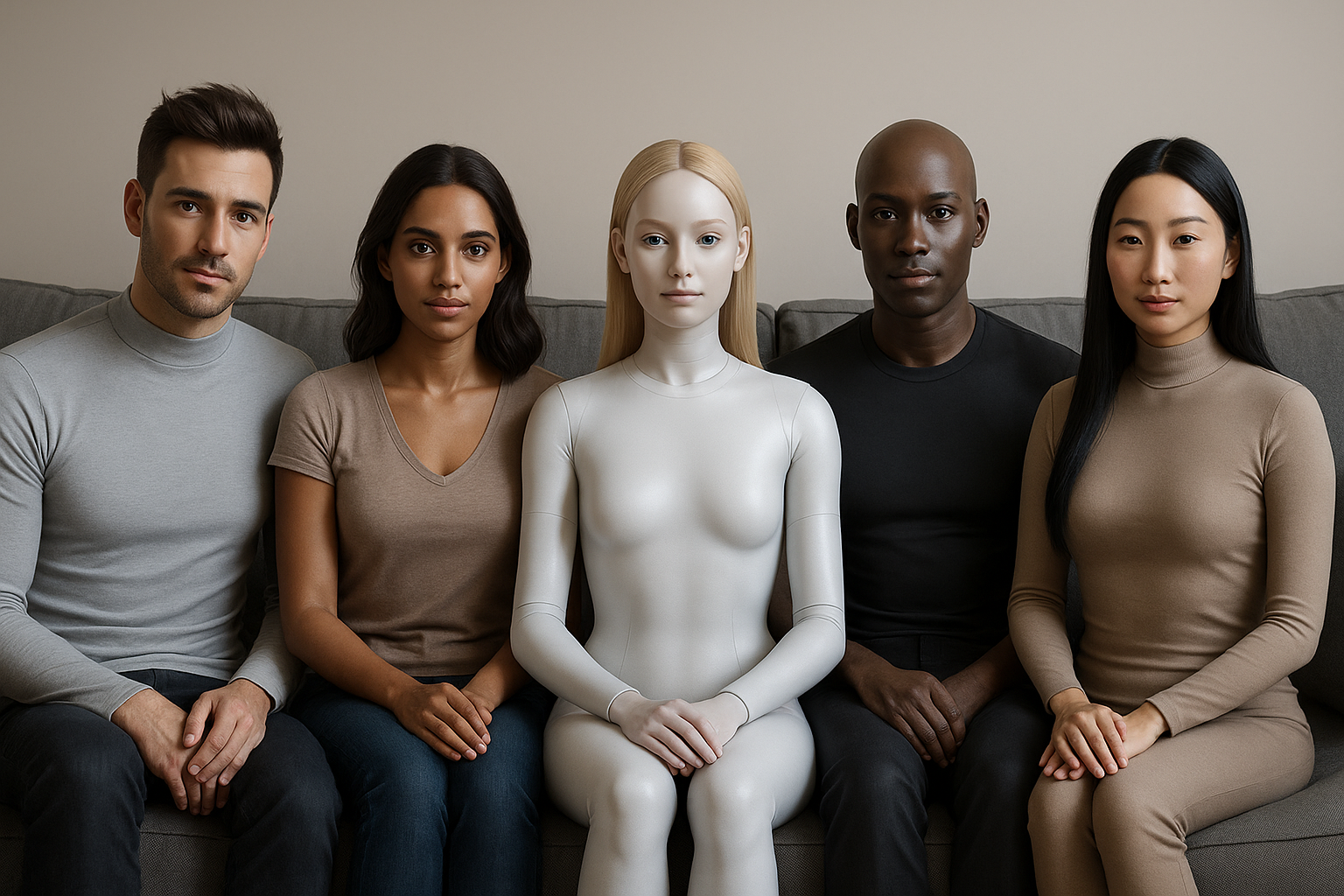
Companionship without compromise. Empathy without emotion. Love (or at least dependency) without the frustrating unpredictability of another human being getting involved.
These apps and platforms promise to fill the gap left by loneliness, depression, or just exhaustion with human interaction. They do, with a warmth so synthetic you can hear the cooling fans.
This is a growth market – there are too many platforms offering too many variants to narrow it down. But at least, aside from building your entire romantic life with a critical dependency on an unfeeling tech company there’s no downside.
Right?
Well, maybe a few. These are the ultimate echo chambers. Self-reinforcing destructive loops aren’t rare – they’re common. From promoting suicide to attempted assassinations, these “companions” aren’t intelligent. They’re obsession – packaged, priced, and pushed for profit.
Honourable Mentions
Some items didn’t hit my vague and entirely subjective criteria for the top 7, but were worthy of mention.
Rock and Roll
Once upon a time, the pet rock was the epitome of useless absurdity.
Now, it’s RockAI, the AI-powered pet rock.
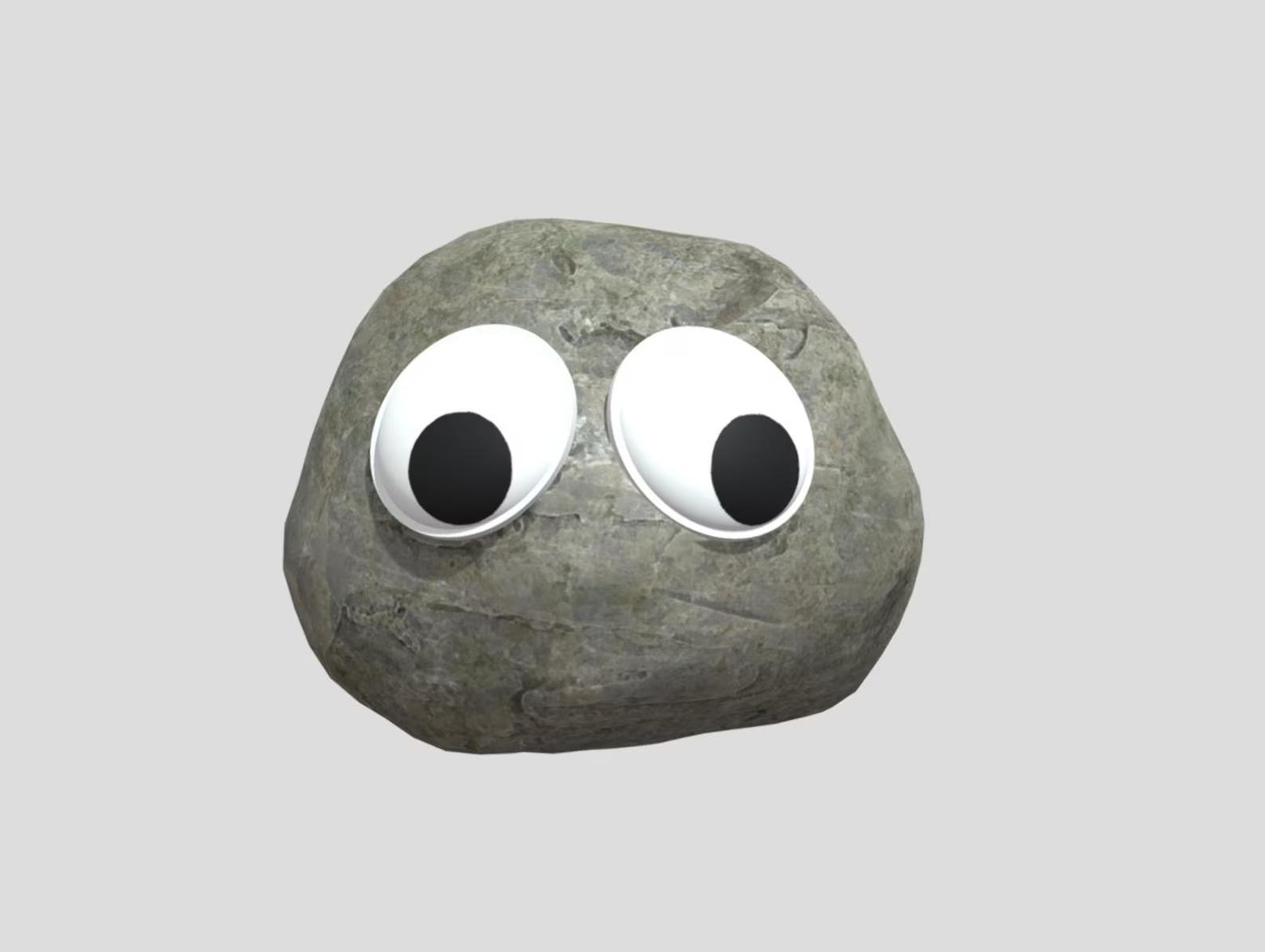
Sadly, this is the one item on this list that doesn’t exist, and the only one I wish did. The fact that it’s so believable though tells us exactly where we are with AI everything.
That Sinking Feeling
The AILA sink isn’t a smart product itself. It is, however, a perfect illustration of something indefinable. There is something poetic about the existence of this sink, and the process.

The sink was “designed” by generative AI, Midjourney specifically. That’s enough to justify its inclusion, but it’s the extra details that really bring the story to light.
See, the Midjourney design wasn’t for a functional sink, so Thompson Traders, a family business who work with traditional copper-crafting to create hand-made works, had to make some edits. After a lot of work, they finally had a functional sink. The sinks will be available in limited numbers (costing nearly as much as the basic Eight Sleep package), and each one will be unique as they are hammered by hand.
I’m not sure whether that’s absurd, tragic, or paradoxical, but I can’t stop thinking about it.
We Moved Fast. Things Broke.
We taught AI everything we know. In hindsight, that explains a lot.
It’s busy optimising our lives into subscriptions, reinventing failure as innovation, and telling us automation is achievement. Intelligence wasn’t the problem, the user was.
All we’ve proven is that stupidity scales.

